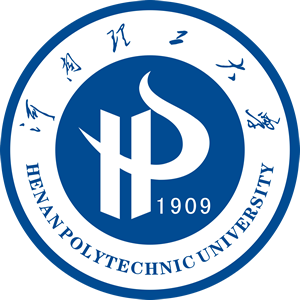
地址: 河南省焦作市高新区世纪路2001号[454000] Tel: 0391-3987069 E-mail: zkxb@hpu.edu.cn,skxb@hpu.edu.cn |

请您访问
|

社会科学版
|
| 供稿: 苏全有 | 时间: 2018-12-19 | 次数: |
作者:苏全有
作者单位:河南师范大学历史文化学院
摘要:清末国内的速成教育涉及师范、法政、军事以及学堂、外文、卫生、工艺、农桑、铁路、警务、监狱等多个方面。速成教育之所以得以开展,根本原因一是毕业于正规院校的师资缺口巨大,二是舆论导向也起了助推作用。速成师范在发展过程中,不时有批评的声音,症结在于速成学堂学时短促,速成过速,还有学生自身不良、私立速成学校为牟利不择手段等问题。民国时期,速成教育并未消失,不过其影响、地位式微,与清末相比可谓天壤有别。
DOI:10.16698/j.hpu(social.sciences).1673-9779.2014.04.009
分类号:K252
Abstract:The crash courses in the late Qing Dynasty involved such aspects as teacher training, law, politics, military, schools, foreign language, hygiene, craftsmanship, farming, railway, police, prison and so on and so forth. Though the serious lack of teachers was the main cause, public opinion also facilitated the development of such an educational program. The crash courses of teacher training received a couple of criticisms for its short session, hasty syllabus, undesirable enrollments and private schools 'profit motive and so on. The change of governments' policy resulted from the improvement of school faculties. The crash courses still existed during the Republic of China, but its influence and status was rather minus.